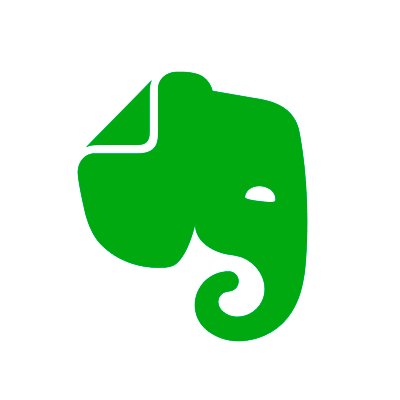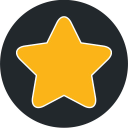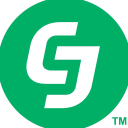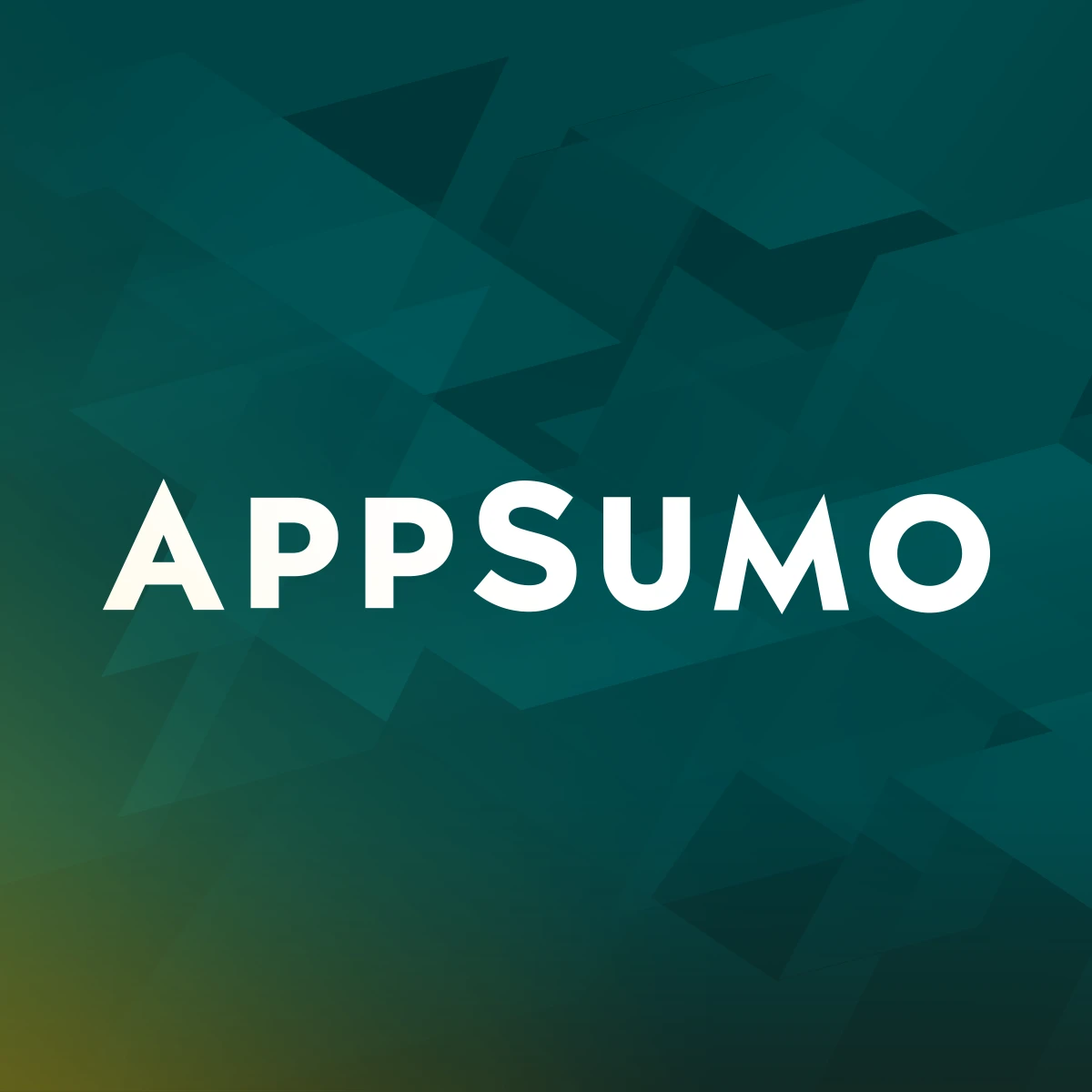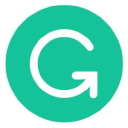How We've Navigated The Changing SEO Landscape And Still Make $39K/Year
This is a follow up story for The Ways To Wealth. If you're interested in reading how they got started, published about 5 years ago, check it out here.
Hello again! Remind us who you are and what business you started.
My name is R.J. Weiss and I am the founder of The Ways To Wealth, a media business that generates its revenue through affiliate marketing and advertising, primarily through Google Search. You can find my original Starter Story here and some follow-ups here and here.
I started the site in 2016 as a side hustle, to earn an additional $1,000 a month, rather than it being my primary source of income.
Although many independent sites take a while to get going, I was fortunate enough to start off fairly strong, and just a bit over a year in, I decided to go full-time into running the site.
Even though I was making just a few thousand dollars a month, I saw a trajectory that if I committed to it full-time for a short while, it could work.
However, things came crashing down in 2019 when...

Download the report and join our email newsletter packed with business ideas and money-making opportunities, backed by real-life case studies.

Download the report and join our email newsletter packed with business ideas and money-making opportunities, backed by real-life case studies.

Download the report and join our email newsletter packed with business ideas and money-making opportunities, backed by real-life case studies.

Download the report and join our email newsletter packed with business ideas and money-making opportunities, backed by real-life case studies.

Download the report and join our email newsletter packed with business ideas and money-making opportunities, backed by real-life case studies.

Download the report and join our email newsletter packed with business ideas and money-making opportunities, backed by real-life case studies.

Download the report and join our email newsletter packed with business ideas and money-making opportunities, backed by real-life case studies.

Download the report and join our email newsletter packed with business ideas and money-making opportunities, backed by real-life case studies.










